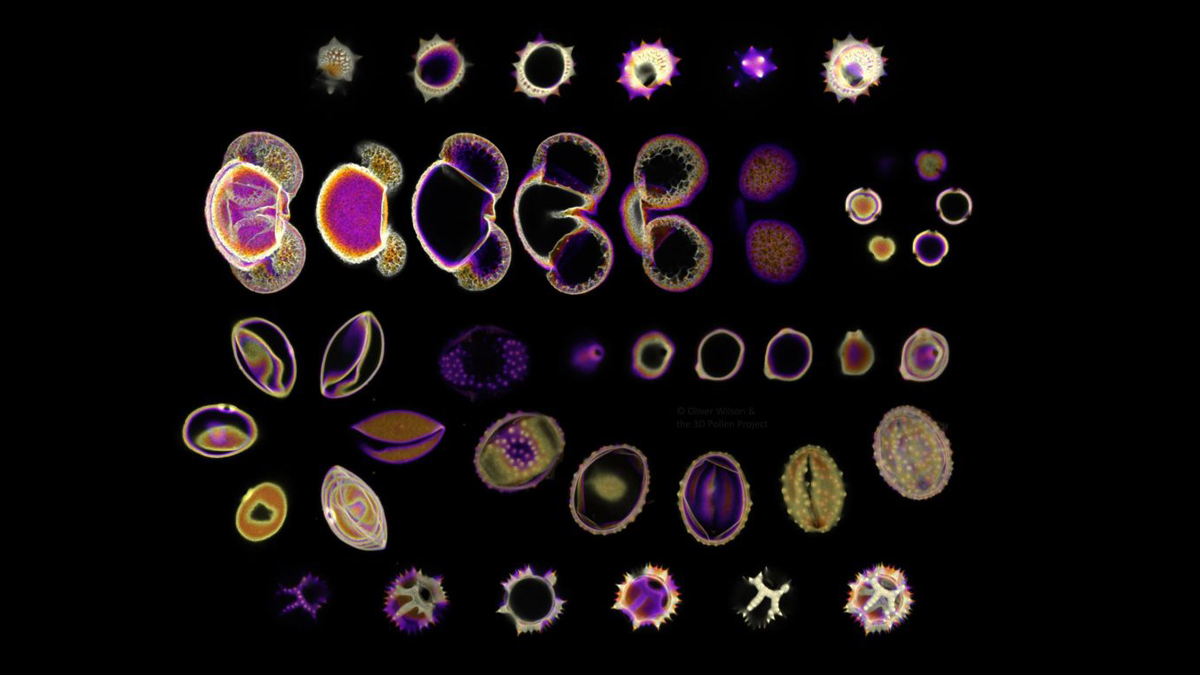The Graduate School's annual Doctoral Research Conference, which is for both doctoral researchers and their supervisors, is to showcase and celebrate excellence in doctoral research from across the University.
Along with a chance to hear about the doctoral research highlights from the last year, the conference included presentations from the PhD Researcher of the Year finalists, the ever-popular Three Minute Thesis competition (3MT©) and an exhibition of entries to the Research Poster competition and Research Image competition.
It is also provided an excellent opportunity to network with colleagues from across the University.
The Doctoral Research Conference took place on Wednesday 19 June. This annual event is open to all doctoral researchers and staff from across the University, and showcases the diversity of doctoral research undertaken at Reading.
